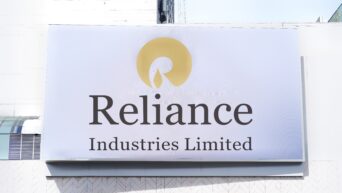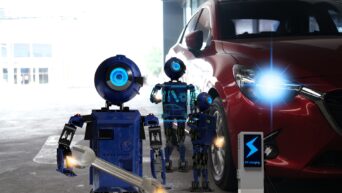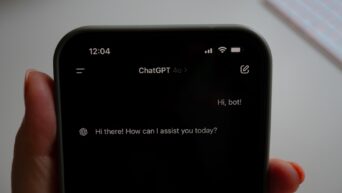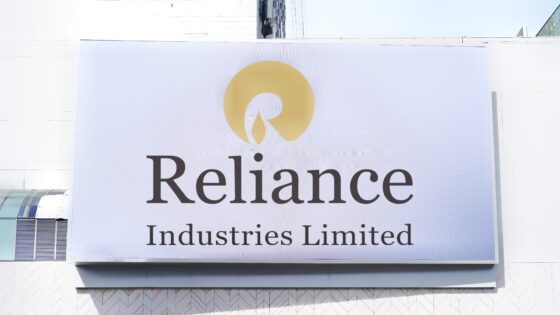Cars that don’t crash and car insurance don’t really get along.
Automobile companies are furiously rolling out new tech to prevent car crashes from happening. This sounds like a perfect solution to the constant automobile crashes that we see on TV every night. Insurance companies, on the other hand, are not as enthusiastic about some of the new changes.
It is expected that within the next five years or so, all automobiles will be equipped with smart technology in cars. It costs automobile companies roughly $500-$1000 per vehicle to include automatic braking, lane keeping, and automated cruise control. The manufacturer can increase the price however they would like, and customers will pay for it.
Personal auto insurance generates more than $244 billion in direct premiums in the United States alone. They are also seen as a way for insurance companies to cross-sell more lucrative products to customers. With the reduction of auto accidents by up to 25%, global premium car insurance in smart technology vehicles will be cut by nearly $20 billion by 2020.
The insurance companies are complaining that they do not have enough data to validate auto industry promises of safety benefits from automated driving systems. They say that car manufacturers are reluctant to provide detailed information on models sold with those features, lack of consistent standards, the unpredictable use by drivers with the systems, and the higher cost of repairs.
Customers should not expect any auto insurance discounts as a result of purchasing a vehicle with this kind of technology. It is expected that the insurance costs will change to reflect these types of automobiles in the future, but discounts will not be something anyone should expect. Their biggest concerns are the cost of repairing any damage to these kinds of vehicles as they will be much larger than your normal vehicle.
The intent is that automobile repair costs will be down because accidents will be down, but both sides haven’t come to a full agreement in this fact as of yet.

































